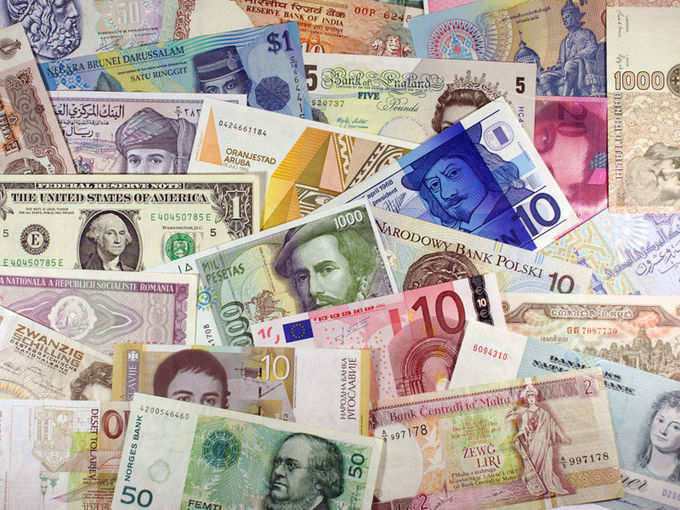
When it comes to
The truth is – most nations outsource their
Let’s consider the case of India, which pulled up its central bank (RBI) that controls the policy of the Indian currency – the INR. With the country’s macroeconomics taking a beating due to rising inflation and the
Some time ago, the Committee On Public Undertakings (COPU) expressed serious concern over outsourcing currency printing that amounted to Rs 1 trillion (Rs 1 lakh crore), and stated that the particular decision put India at a huge risk regarding its economic sovereignty.
Terming it as an ‘unprecedented, unconventional and uncalled for’ measure, the parliamentary committee cautioned that such decisions should never be made under any circumstances in the future. It is really a matter of concern why a country like India, which battles fake currencies being printed and circulated by some neighbouring nations, has opted to outsource its currency printing when it has its own agency for this specific job. India and all other countries that have outsourced their currency printing at some point or on a regular basis, already have their printing facilities in place. But the ‘outsourcing’ decision is still taken although in most cases, governments are not the only agencies that take such initiatives. Banks, too, occasionally take the ‘liberty’ of doing so.
The
So who all are the leading players in the global market?
As for India, the state-run Security Printing and
When a country’s money gets printed outside, one cannot rule out the threat of economic destabilisation as the contract agencies/authorities may print in excess and the ‘extra’ money may pass into the hands of unscrupulous elements, fuelling terrorism, extremism or other negative activities that can create disturbances within the country. Procuring currencies from other countries is termed as ‘counterintuitive’ by experts. And the way it can eat into an economic system is easy to understand, whether or not there are loopholes in the printing, storing or transferring aspects. But this has neither discouraged, nor stopped the countries that are outsourcing their currency printing.
Even after the big debate in 2010 and warning by the parliamentary committee, it is not realistic to expect that India will stop the outsourcing anytime soon. In spite of the warning and showdown at the country’s highest seat of democracy and a stern rap from financial institutions, the country continues with
For the ‘service’ providers, however, it is nothing but a ‘profitable’ business. The UK may well be reticent to enter the Eurozone, but it has never barred the country’s minting house (the Royal Mint) from producing euros as and when it is required. Also, hardly anyone knows how much money the currency printing companies make. Bound by heavy security and extra-tight confidential laws, they may well be making a fortune, but no one is talking yet.